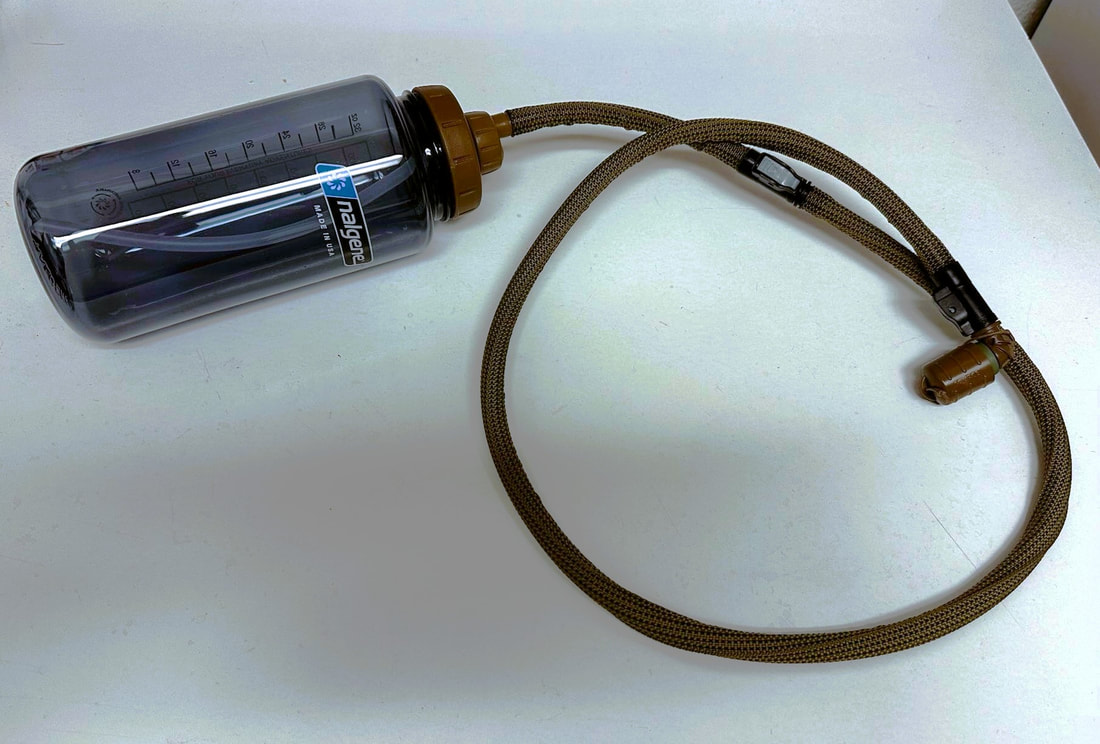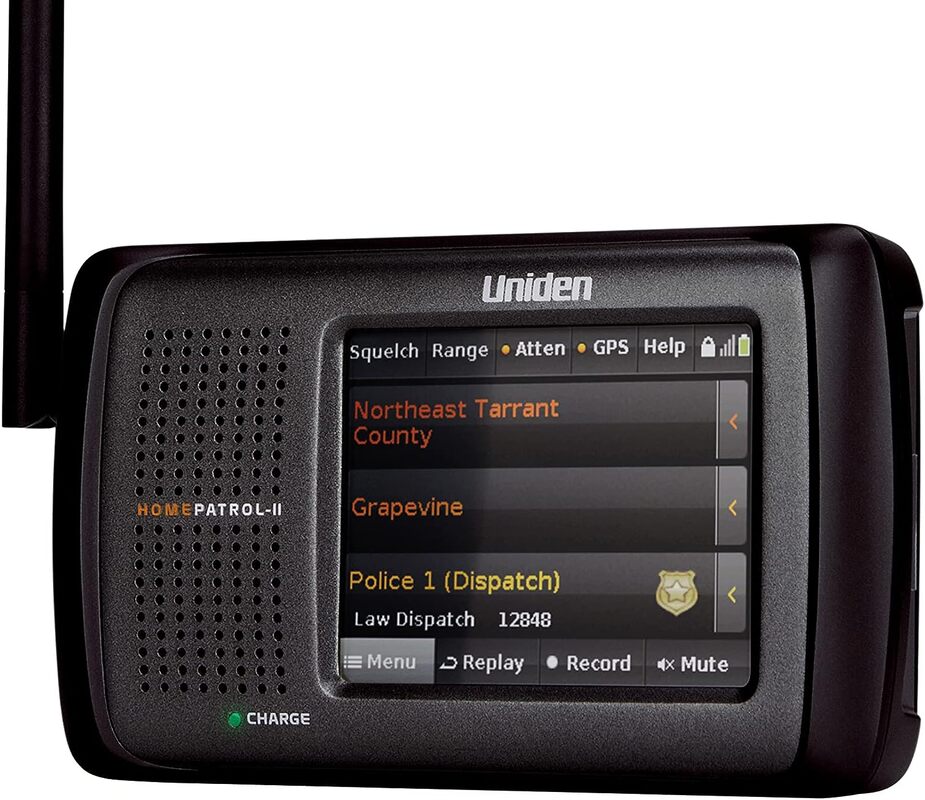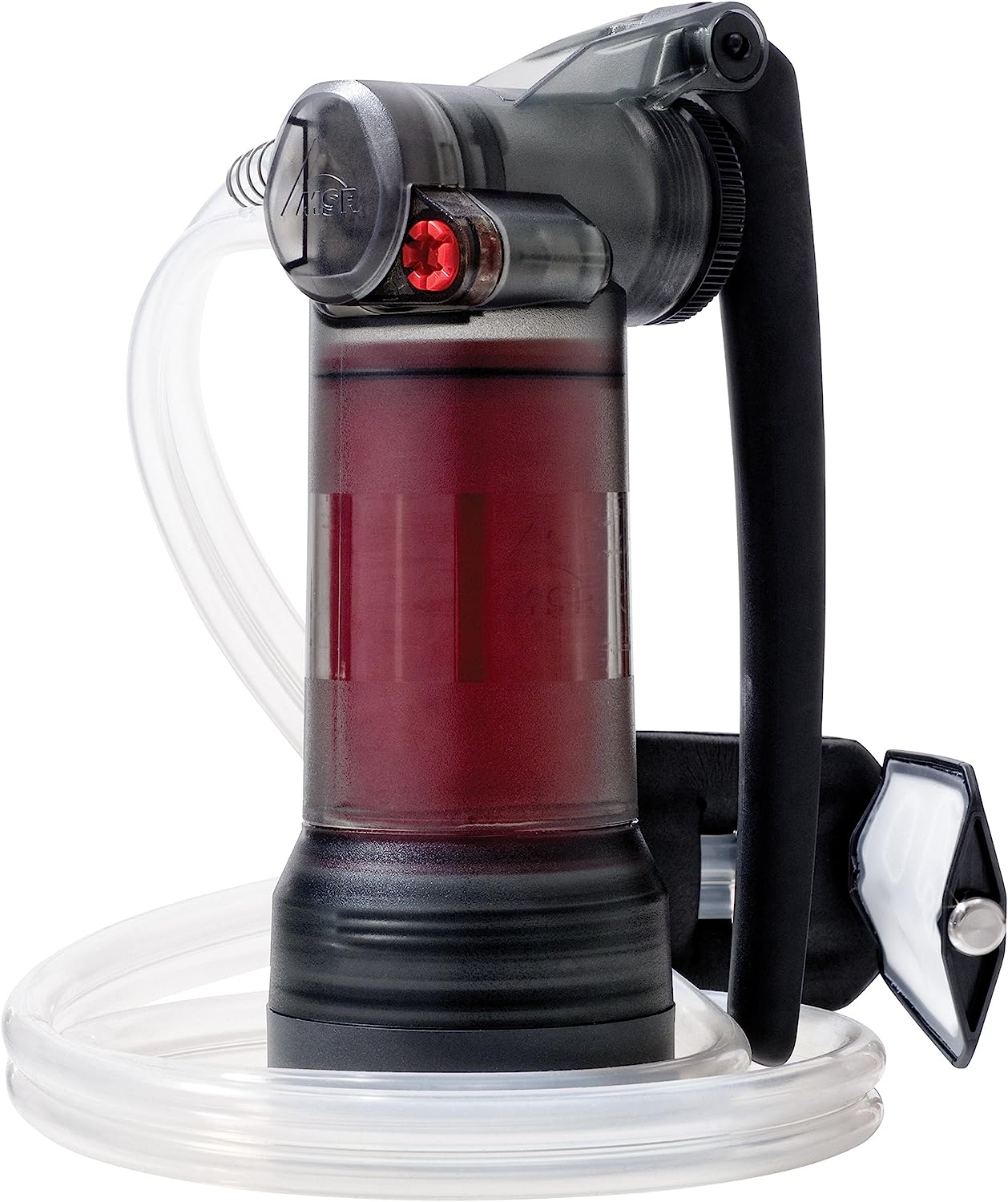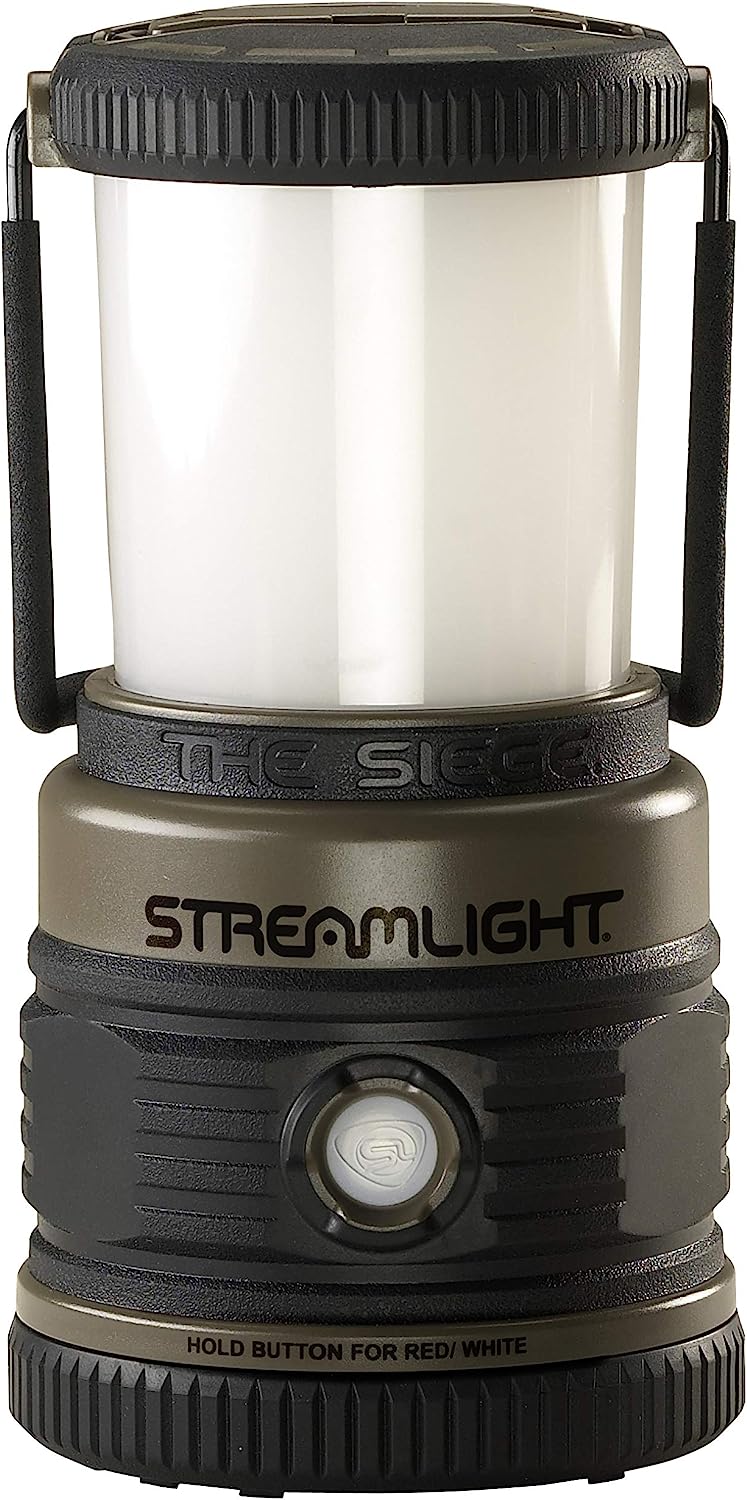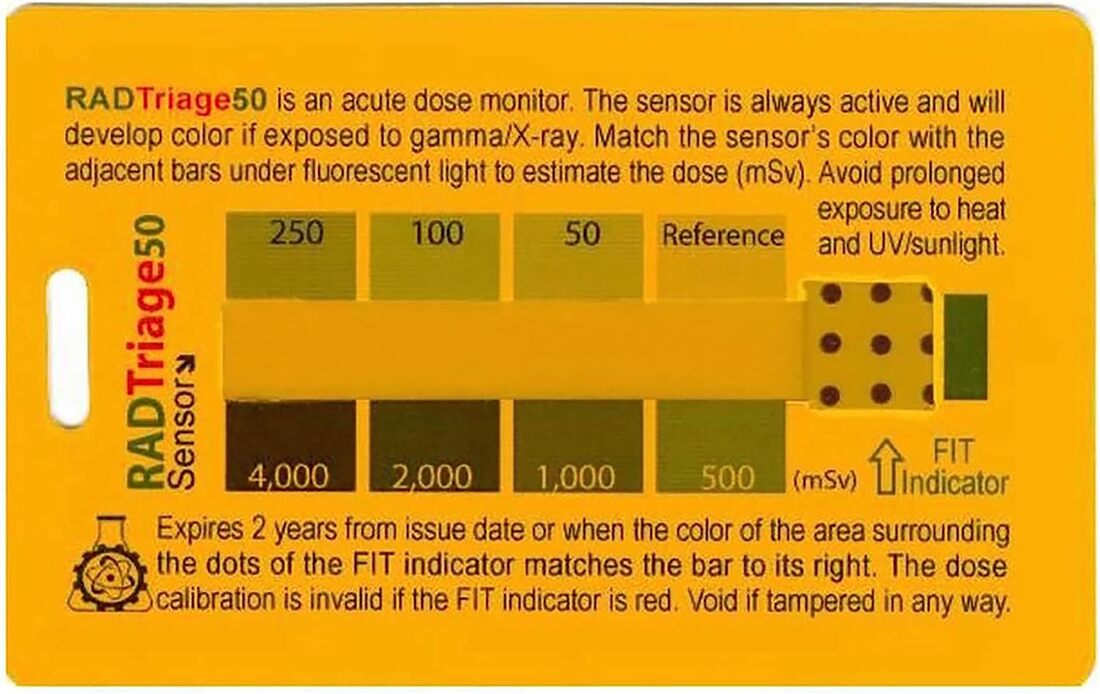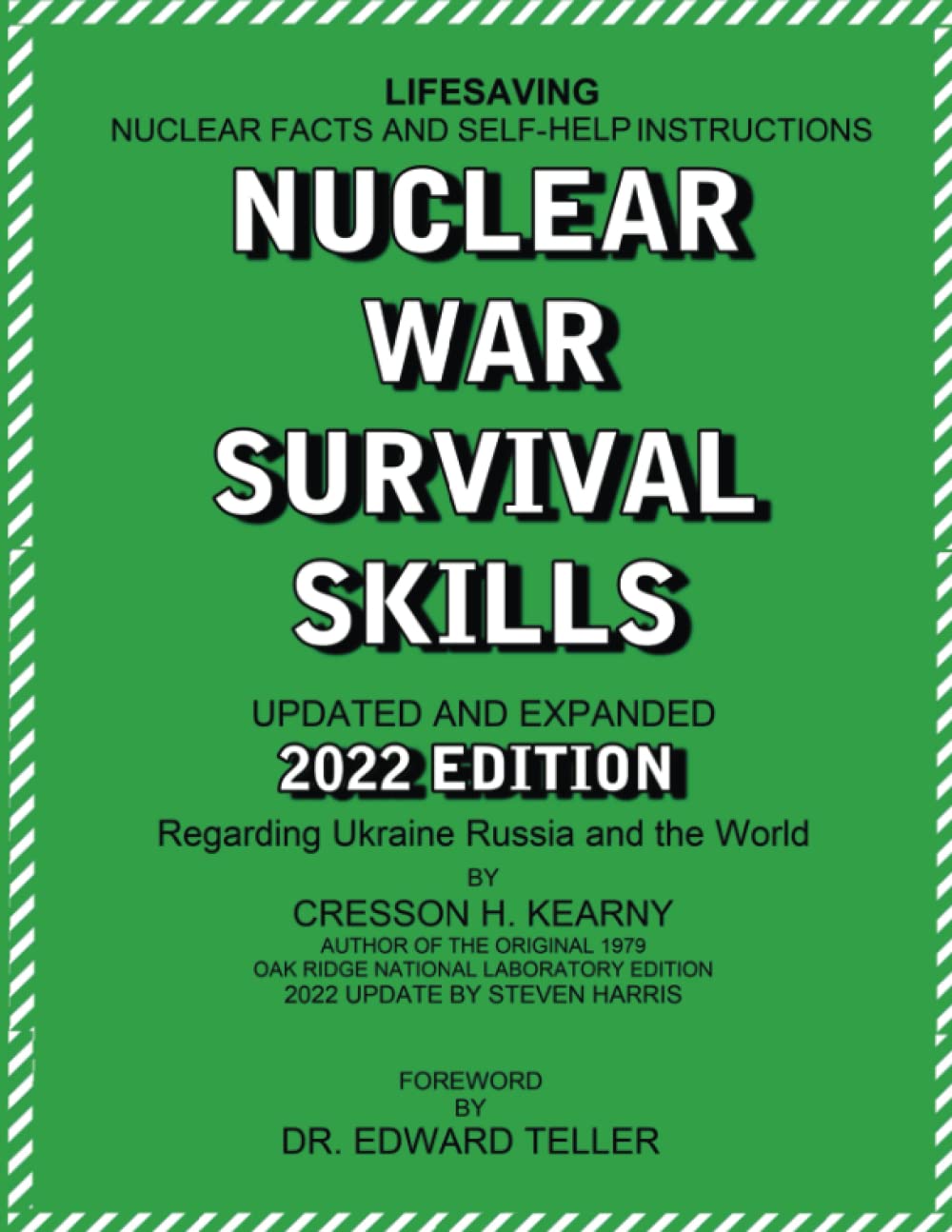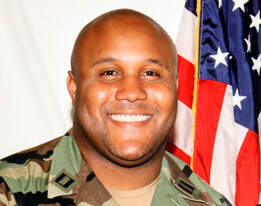 Christopher Dorner, a bad cop, a liar, and a murderer. Christopher Dorner, a bad cop, a liar, and a murderer. You know a day that starts off with your partner flippantly warning you to “watch out for a large, angry black ex-cop” who killed some people is going to be an interesting day. I took the warning in stride because it sounded ridiculous and being murdered was a regular job hazard. The day got even more interesting when I found out he had a connection to the area I was patrolling and might even be there. Around 1000, I got called back to the station for a special briefing. This is when the AM radio reports of Christopher Dorner’s night of rampage I’d been listening too on and off started to make sense. Turns out he had a loose tie to my jurisdiction, and given the fact that the night before two cops were shot, the situation had turned from a local curiosity to a real threat. It was the ambushes that startled everyone (mostly the brass). We in the field felt a little unsettled and “checked six” more frequently. Operations changed. The mostly elderly Citizen Patrol was taken off the streets. All unarmed, uniformed staff was as well. Motorcycle cops were put in cars. To prevent a car shortage, some people had to double up on patrol (usually we ran one-man units). Some of the suddenly vehicle-less were given the option of hanging around the station or just using our personal time rather than being superfluous. This was not an unusual response from San Diego to Central California. Similar modifications were made to patrol operations across the Southland. LAPD went on “tactical” alert or 12 on 12 off (my agency used 12 hour Panama shifts.) Non-emergency calls were handled by phone or at the station. Traffic enforcement stopped. Institutional fear was real. Individually, we were more wary than afraid. There was a kind of tense excitement in the air like before a hurricane. Every cop in Southern California was on high alert. The public felt sympathy for law enforcement like after 9/11. Briefings started with the latest info that usually had already been leaked to the press. Over the weekend Dorner was no longer believed to be in our area or a threat to us, so we went back to normal operations by Monday. Briefing included warnings not to try and start our own personal investigation as cops all over the LA basin were doing. This came to a head when he was finally cornered. The San Bernadino Sheriff literally had to say “no thanks, stay away” to other agencies because so many cops were rushing to the shootout scene. Traffic was becoming congested and cops were getting in the way of the actual investigators and apprehension team. Every SWAT team in SoCal wanted a piece of him. It all resolved when Dorner barricaded himself in a cabin he burglarized and shot himself when SWAT arrived. Dorner was an aberration in law enforcement. He wasn’t cut out for the job and turned his failure into excuses and a crusade. LAPD doesn’t have a sterling reputation of integrity but none of that justifies what Dorner did. Remember, to start his spree he murdered the daughter and her fiancé of the attorney who represented him. Next he shot at officers investigating a sighting of him, and after that, he ambushed two Riverside police officers before going on the run. The larger response that Dorner’s actions generated is what I want to look at. Cops were tense and more alert than usual. For the first few days, it felt like we had a special mission just to look out for this guy whether or not we were directly participating. LAPD cops I know described it as more of feeling like they had a target on their back, though the odds of them being personally targeted was small. Institutional panic was something else entirely as command staffs put their agencies on the defensive. Non-essential operations were chopped back for 20 million citizens. Manpower shifted to guard details and extra officers on patrol, costing lots in overtime pay. Who knows how many hours were wasted as extra-curricular investigations went on. This was all because of one man. Though I cannot personally comment on what the situation was like after the Boston Bombings, during the search phase we saw what effective martial law was like. Americans will not like door-to-door and house-to-house searches. Lockdowns won’t be like with COVID, but enforced by soldiers and cops with bad attitudes. On top of all of this, the media will be panicking the public. I’m willing to bet a future insurrection will also target civilians of differing ethnicities and ideologies, not just police and government folks. Widespread such attacks will paralyze American law enforcement. Department heads will err on the side of caution, even if the officers want to be brave. Directly affected agencies will want revenge and have their resources stretched by the investigation and response to the attacks. At-risk agencies will change their operations to provide for greater officer safety at the detriment to policing for the public. Without a known suspect like Dorner, everyone will be a suspect. Those panicked cops that shot up a random Toyota? Yeah, that’ll be common. Average traffic stops will be more tense for both parties as officers are more circumspect about safety techniques. Officers will probably be more aggressive when resistance is shown or they perceive a threat. Yes, they will be more trigger happy. 2020 is a good example of what happens when police pull back in terms of encouraging criminality. Homicides went from aberrantly low during the lockdown to a quickly rising tide. In LA, police pursuits went through the roof in early summer. I remember one night there were several going on at once and TV news couldn’t get choppers on them all. “Sideshows” where street racers take over an intersection were a scourge as well. All this will take is perhaps a team of a few cop killers out there, never mind a general insurrection. The evidence for this is that in 2020, officers were at perceived great risk of political persecution if they used force suppressing the riots. Liberal policies also permitted this to go on. The attitude then was “If they want to tie our hands, this is what they will get.” Now imagine cops being killed. Yeah, they’ll sit on their hands. Cops accept that we might be killed in an accident or by a criminal, not that we’re going to get assassinated. Police forces are not like the military where desertion can get you shot; a cop can quit or call in sick. There are ways of collecting one’s check by half-assing it and hiding all shift if necessary. Whatever the result, the public will pay the price with an increase in crime as crooks take advantage of officers’ distraction and demoralization. All of this is a recipe for a poop sandwich because more crime, less traditional policing, and actual danger from the violence of an insurrection will frustrate and scare people. Official overreaction tends to polarize people and America is already on the edge. Heck, agitators would love to strike against the criminal justice system and even try to pit the people against the police. How Police Might React to an Insurrection or Insurgency Policing will break down as officers cannot safely respond or simply quit. Those with a vested interest in chaos will keep this up until they achieve their desired goal, such as a major metropolitan police agency becoming non-mission capable. This harms us all because police act as a moderating influence in our society. Without that moderating influence, crime and disorder goes up, just like in the cities that shat on their officers or “de-policed.” Suddenly, you’re on your own. That sounds well and good until the gang members and real predators in society see that there is no police to interfere with them. Police do act as the security net for many people in our communities who are unable or willing to protect themselves. We all benefit from this prophylactic effect. Police will eventually stop doing their job if it is too dangerous. Remember, they are people too who will also be facing their own financial difficulties. Public safety is not worth being assassinated over when the world has gone stupid. My personal fear is that the criminal justice system remains extant but is dysfunctional enough to deny the benefit of police protection but allow prosecution and persecution of disfavored groups. Without the rule of law, every man for himself will be better because at least then civilian mutual defense groups can operate as necessary, instead of with one hand tied behind their back. Naturally, biased policing in that form would only spur further reprisals as the government cracks down on those who defend themselves. Backing up, initial attacks will be treated will be treated as a local, isolated cop-killing, maybe with a copycat element. As attacks become coordinated and sophisticated, the Feds will get involved and use it as an excuse to start political persecution. If things get too widespread, military forces will be required to engage in counter-insurgent operations. At that point, we’ll already be in a civil war and the soldiers will have to decide what side they want to be on. However it does shake out, the future is one without police. You will be on your own and you and your neighbors will have to figure out how the peace was kept ages ago. For those unable or unwilling to defend themselves, things will be very bad as they are at the mercy of the bad guys. Prepare for an interim period of street terrorism, rampant crime, and just enough police to catch you. Individual officer’s response
Agency responses
Police-public interaction effects
Police behavior changes in a future scenario
Risk to citizens in a future scenario
Comments are closed.
|
Author Don ShiftDon Shift is a veteran of the Ventura County Sheriff's Office and avid fan of post-apocalyptic literature and film who has pushed a black and white for a mile or two. He is a student of disasters, history, and current events. Archives
May 2024
Categories
All
As an Amazon Associate I earn from qualifying purchases.
|
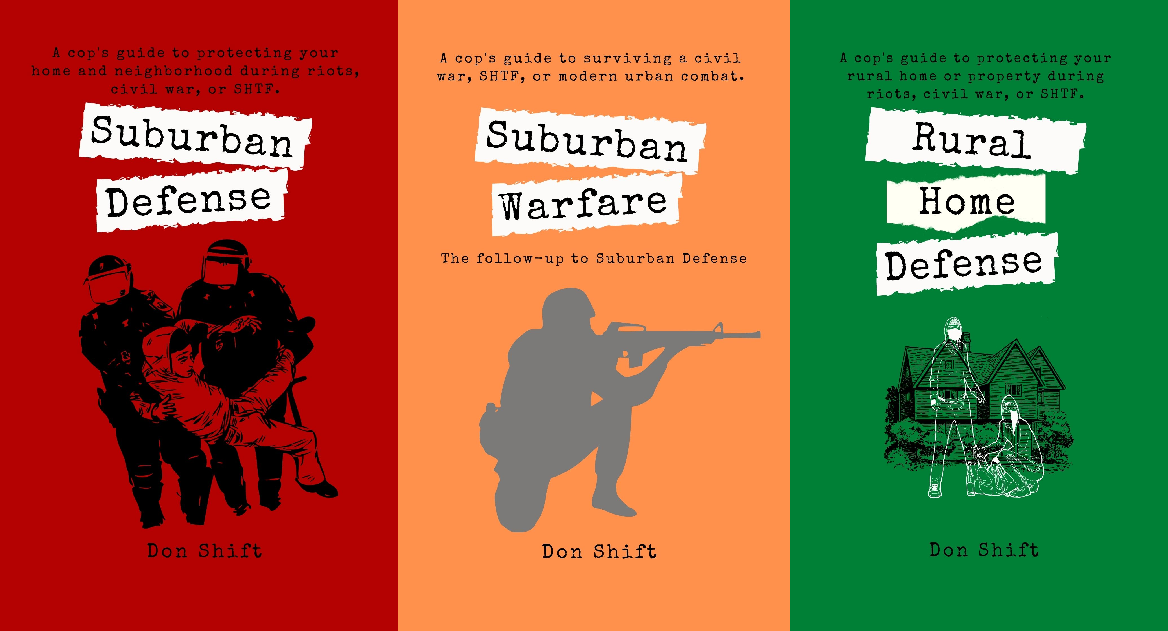
 RSS Feed
RSS Feed
